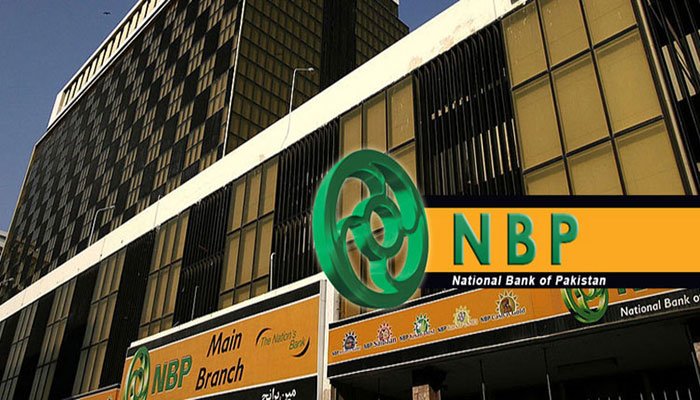Anushka Pathak – Mumbai Uncensored, 25th February 2022
Two of the US authorities have imposed fines worth $55 million on the National Bank of Pakistan (NBP) and its New York branch hours after Pakistan Prime Minister Imran Khan met Russian President Vladimir Putin on Thursday amidst the ongoing ‘special military operation’ by the Russian troops in Ukraine.
According to some reports, the US Federal Reserve, which is the central bank of the USA, and the Superintendent of Financial Services of the state of New York have imposed fines on the central bank of Pakistan over deficiencies and non-compliance with the federal laws.
The US Federal Reserve has imposed a $20.4 million fine while the New York State Department of Financial Services has asked NBP to pay $35 million after the authorities found ‘significant deficiencies’ in the NBP branch’s ‘risk management and compliance with federal laws, rules, and regulations’.
The bank’s shares were down 7.2% by the Friday prayer break in the trading session. The Pakistani state owns 75.20% of NBP, one of the largest commercial banks in the country
As per the US Federal Reserve’s order, the deficiencies were related to anti-money laundering (AML) compliance and the Bank Secrecy Act (BSA) of the US. The order, issued based on the investigation carried out in March 2021, noted that NBP had entered into a written agreement with the authorities in March 2016, to correct the ‘deficiencies’. However, the recent investigation found that NBP had failed to ‘achieve full compliance with each and every provision of the written agreement’.
The order also noted that as Pakistan’s NBP failed to comply with the US laws, the central bank of Pakistan and the Federal Reserve had ‘mutually agreed to enter into this Cease and Desist Order and Order of Assessment of a Civil Money Penalty.’
It added there were no findings of improper transactions or willful misconduct, the New York branch is under new management since May 2020 and that NBP has substantially enhanced its compliance programme, which it said had been recognised by U.S. regulators.
The US Federal Reserve has ordered NBP to carry out reforms on Corporate Governance and Management Oversight; Bank Secrecy Act, and AML Compliance Programme, Customer Due Diligence; Suspicious Activity Monitoring and Reporting; Transaction Monitoring System.
The reserve has demanded the NBP implement its recommendations within 60 days of the order. It has also asked NBP to designate an officer within ten days who will be ‘responsible for coordinating and submitting’ to the Reserve Bank its written plans.
Meanwhile, the NYDFS Superintendent has announced that NBP and its NY branch had agreed to pay the penalty.
“The NBP allowed serious compliance deficiencies in its New York branch to persist for years despite repeated regulatory warnings,” a press release quoted the Superintendent saying.
The press release further said that the continued failures revealed that the branch’s senior management was unwilling or unable to promote a culture of compliance, adequate resources were not provided for compliance programmes, and the bank failed to adequately supervise the branch by allowing problems to worsen year after year.
Interestingly, the penalty against Pakistan’s NBP came just after Prime Minister Imran Khan met Russian President Vladimir Putin on Thursday. His meeting with Putin came at a time when Russia has launched a special military operation in eastern Ukraine.
Imran Khan arrived in Russia on Wednesday on a two-day visit. However, just hours after he arrived in Moscow, the Russian President ordered a special military operation in eastern Ukraine, leaving the Pakistan establishment confused. Later, Vladimir Putin held a face-to-face meeting with Prime Minister Khan.



 Special Editions2 weeks ago
Special Editions2 weeks ago


 Special Editions3 weeks ago
Special Editions3 weeks ago


 Crime News3 weeks ago
Crime News3 weeks ago


 Special Editions2 weeks ago
Special Editions2 weeks ago


 Entertainment2 weeks ago
Entertainment2 weeks ago
















